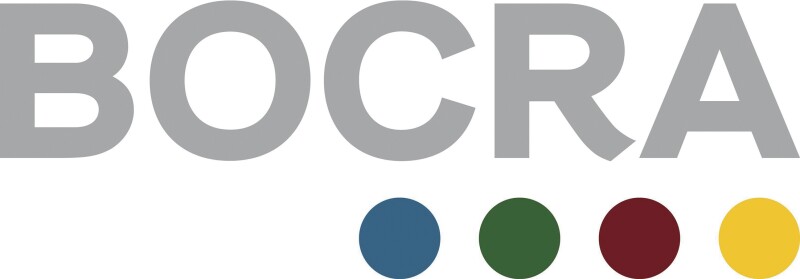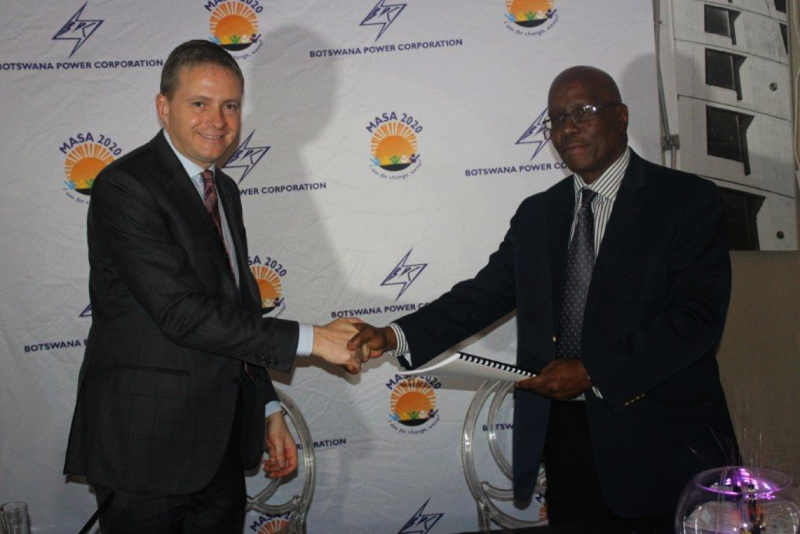
The reason? To defend the decision to refuse issuing a telecommunication and system licence to Liquid Telecom Botswana, a joint venture company between BPC and the pan-African carrier, according to the Sunday Standard.
The recent Sunday Standard article implies that although the JV company had applied for a licence “more than four months ago” a main stumbling block is due to BPC not having a telecommunications service licence and/or a telecommunications equipment licence. As a result, and in reference to the sections 39 and 40 of the BOCRA Act, they are not permitted to provide telecommunication services.
The issue has reportedly reached a deadlock and the companies intend to take BOCRA to court to resolve the matter.
Efforts to start the JV’s operations were hit by a few hurdles. Not only has BOCRA delayed its decision to issue the required licence but it has also faced criticism at a parliamentary committee on communications works, transport and technology.
Mmegionline reported that specially elected legislator, Mephato Reatile, had asserted in a recent committee meeting that the JV was unlawful and should be investigated as it is competing with state-owned wholesale operator Botswana Fibre Networks (BoFiNet) and was carried out at the expense of taxpayers.
BoFinet CEO Mabua Mabua told the committee that the new development threatens its existence. It had tendered for the JV but BPC chose Liquid Telecom as its preferred partner as it is an experienced service provider with whom it could partner and work with to sell backbone service to the local market.
The Sunday Standard article quoted an anonymous source who questioned the timing of BOCRA asking BPC to have a licence straight after the BoFinet CEO appeared at the committee meeting.

BPC has optical fibre and related equipment installed on the whole of its transmission network. In October 2016, the power utility agreed to lease excess optical fibres from its network to Liquid Telecom, creating a new telecoms network provider with extensive reach across Botswana. BPC board of directors approved the commercialisation of its network back in March 2016, and, following a period of competitive bidding, the agreement was signed by former BPC chief executive Jacob Raleru, and Nic Rudnick, CEO at Liquid Telecom.
Capacity approached Liquid Telecom for comment after the committee hearing but did not receive a response.
In other news, Liquid Telecom completed its 100G upgrade of key routes on its east African fibre ring.




